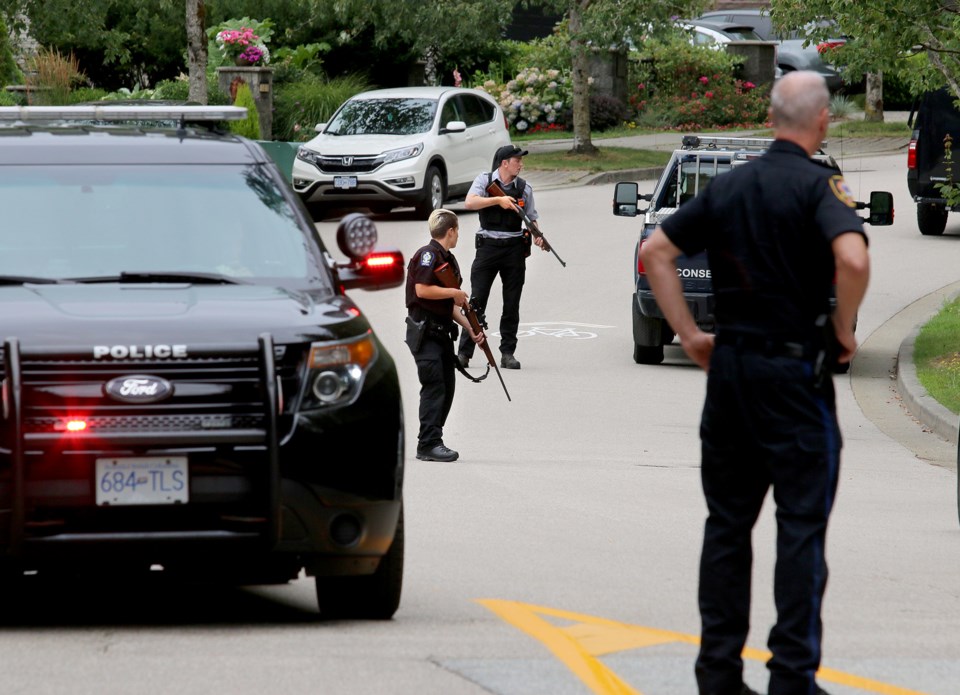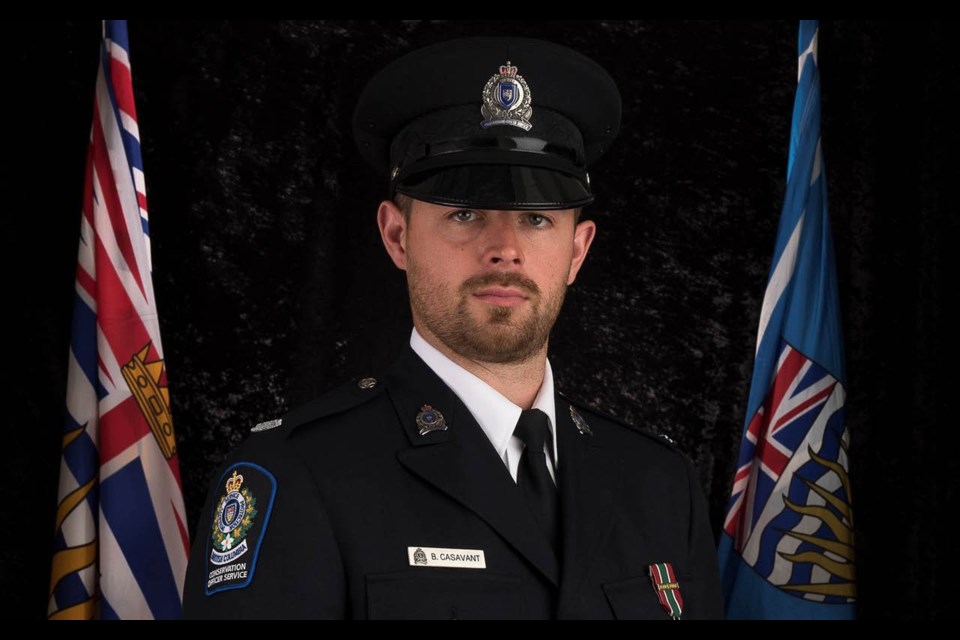A former conservation officer who was fired from his job in 2015 for refusing to euthanize a pair of bear cubs has won his dismissal case at the B.C. Court of Appeal.
At the time, Bryce Casavant had been with the service for two years, and was called out following a complaint by a resident that a sow and her two cubs had come on to his property and were eating garbage and rummaging through his freezer.
Casavant euthanized the mother but not the two cubs because after speaking with the owner of the property, he understood that only the sow had gotten into the garbage, according to court documents.
The next day, he was issued a formal notice of complaint alleging “the disciplinary default of neglect of duty” and was suspended pending an investigation.
By the end of the summer of 2015, the Ministry of the Environment found he was unsuitable for the job of special constable and dismissed him.
The union representing BC Conservation officers filed a grievance on his behalf, though according to Casavant, ultimately opposed him.
“At the arbitration it became clear that the Ministry… intended to go beyond the three incidents identified in the letter of dismissal to introduce evidence relating to what it described as Mr. Casavant’s ‘consistent pattern of being unwilling or unable to follow instructions,’” Madam Justice Fenlon wrote in the decision.
The arbitration stopped there following a settlement agreed on by all sides.
But Cassavant pursued the case on his own, hiring a lawyer and filing two Freedom of Information requests to dig up information on how the ministry handled his firing, later applying to the Labour Relations Board to have the matter heard.
And while that application was dismissed, when the case made it to the B.C. Court of Appeal, the justices found the case never should have been heard at the Labour Relations Board in the first place. In nullifying the decision, the justice awarded Casavant the costs of his appeal and the judicial review against the ministry.
The board’s justice erred, noted the appeals court justices in their ruling, because as a Special Provincial Constable, Casavant should have been disciplined in accordance with the Police Act.

In an interview with The Tri-City News, Casavant said the case has settled the law on whether or not conservation officers are acting as constables in the field.
“When we’re dealing with wildlife matters, the line has been blurred between what our constabulary duties are,” he said. “I hope that once and for all, the government will respect the rule of law and the BC Conservation Service needs to be treated as a police force.”
Casavant, who recently finished a PhD on the history of the BC Conservation Officer Service, has been a leading critic of the BCCOS’s practices since he was fired, and has been a vocal advocate to establish independent oversight over the body.
He has also lent his expertise to other like-minded individuals opposing the way B.C. conversation officers carry out their duties.
In a flashpoint last October, three people were arrested near Mundy Park in Coquitlam for obstructing conservation officers as they hunted a sow and three cubs.
Shortly after, Cassavant helped launched a GoFundMe campaign to raise money for their legal defence.
The campaign raised over $11,000 to defend the “Coquitlam 3,” but the Special Prosecutor involved in the case did not, in the end, approve charges.
Following in Casavant’s legal footsteps, the three Coquitlam residents have reportedly retained a lawyer to pursue civil litigation against government staff and the BC Conservation Officers involved in the incident.
“‘Just because they’re dressed like police and have guns and badges, they’re not police’: that’s sort of been the government’s positions. But that’s a slippery slope. To have them running around in communities shooting at things?” questioned Casavant.
“This is why the Conservation Officer Service should, in practice, be under the Ministry of Justice, it should be designated properly as a police force and it should have an independent civilian oversight.”



